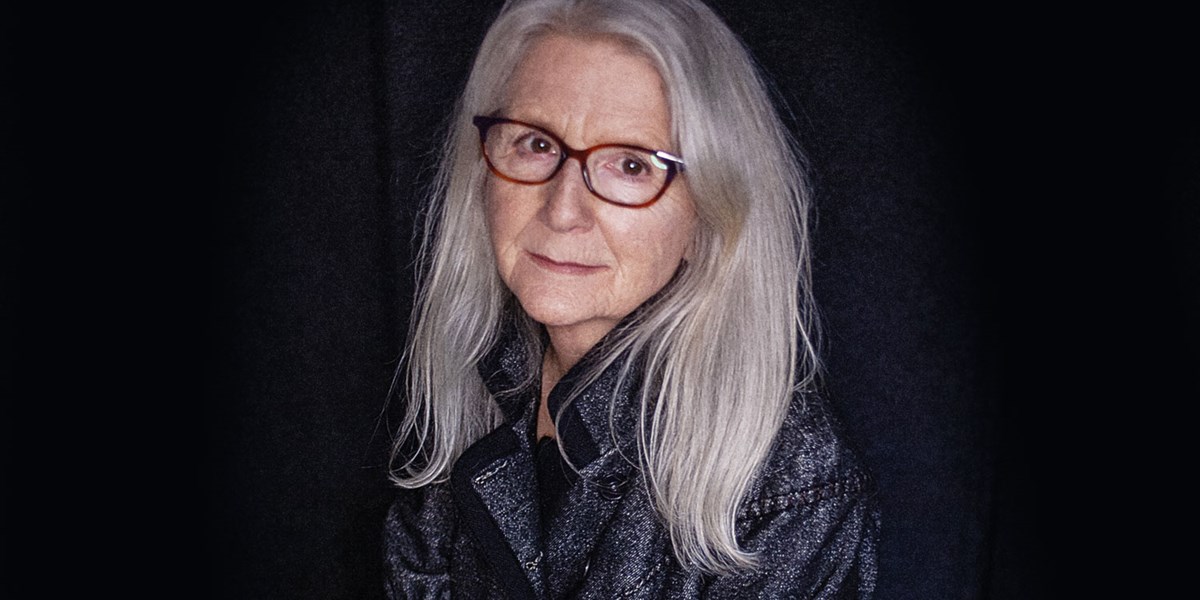Thursday, May 15, 2025
Sally Potter's My World interview: “I’ve always thought of music as an equal partner to what we are seeing visually [in films]”
Jane Cornwell discusses tango, travelling through music and climate activism with the English filmmaker who has lately turned singer-songwriter

Sally Potter

Register now to continue reading

Thanks for visiting the Songlines website, your guide to an extraordinary world of music and culture. Sign up for a free account now to enjoy:
- Free access to 2 subscriber-only articles and album reviews every month
- Unlimited access to our news and awards pages
- Our regular email newsletters

